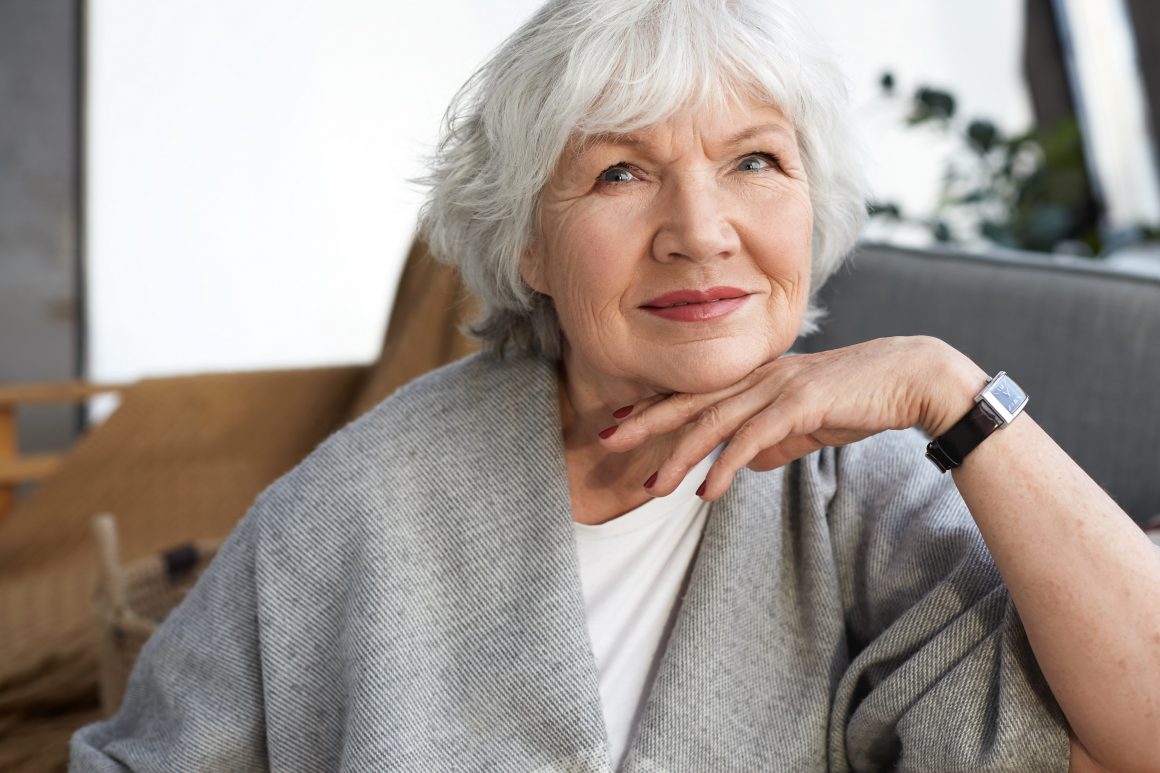Mental health is a powerful determinant for overall health, a fact that doesn’t change as we age.
Recent research underscores the fact that our mentality and perception of ourselves as we age can impact a lot more than our self-esteem, with the consequences reaching into the realm of physical health.
Depression and low self-esteem are significant problems for older adults who may be suffering from a loss of abilities, loved ones and independence. Combatting these problems is a cultural matter in terms of the way aging is portrayed in media, but also a public health issue as older adults put themselves at risk for developing other conditions due to negative lifestyle changes and increased stress levels.

Risk for Cancer Patients
A study published in the journal Cancer Medicine shows a correlation between self-perception of aging and mortality in older adults suffering from various types of cancer. The study concluded that those with negative perceptions of their own aging process are 3.6 times more likely to pass away than people with a positive outlook on their aging process.
Researchers looked at 140 adults over the age of 65 suffering from various types of nonmetastatic cancers. They followed subjects for up to six years. During that time, 33 patients passed away. Among that population, 73.3% held negative views of their own aging process.
“Our research supports the view that self-perception of aging could be considered a risk factor of vulnerability,” the authors wrote. “Therefore, it could be an interesting tool for oncologists in clinical practice in improving predictions of possible progression, provide an appropriate follow-up, and improve quality care.”
Another study, published in the journal BMC Public Health found similar results for other older adults, beyond just those diagnosed with cancers. It concluded that “persistently high and moderate levels of perceived uselessness are associated with significant increases in mortality risk.”
Death Anxiety
An Iranian study published in the journal Clinical Interventions in Aging looked at the effect of perceptions of aging in causing death anxiety, a stress that can lead to further health complications for older adults.
The authors of the study concluded that perception of aging is directly linked with anxiety of death, with significant implications for emotional and behavioral health. They conclude that clinicians need to develop comprehensive care plans to reduce death anxiety among the elderly.
The authors of the study concluded that perception of aging is directly linked with anxiety of death, with significant implications for emotional and behavioral health. They conclude that clinicians need to develop comprehensive care plans to reduce death anxiety among the elderly.
Changing Your State of Mind
Your view of aging is up to you and can be greatly influenced by how you feel. Making healthy changes to your lifestyle will go a long way to feeling better about the rate at which your aging, and the quality of life you experience as you do.

Below are five of our most popular articles containing tips to help you age gracefully. Click the links below to learn what lifestyle changes you or a loved one can make to help improve your perception of the way you age.
